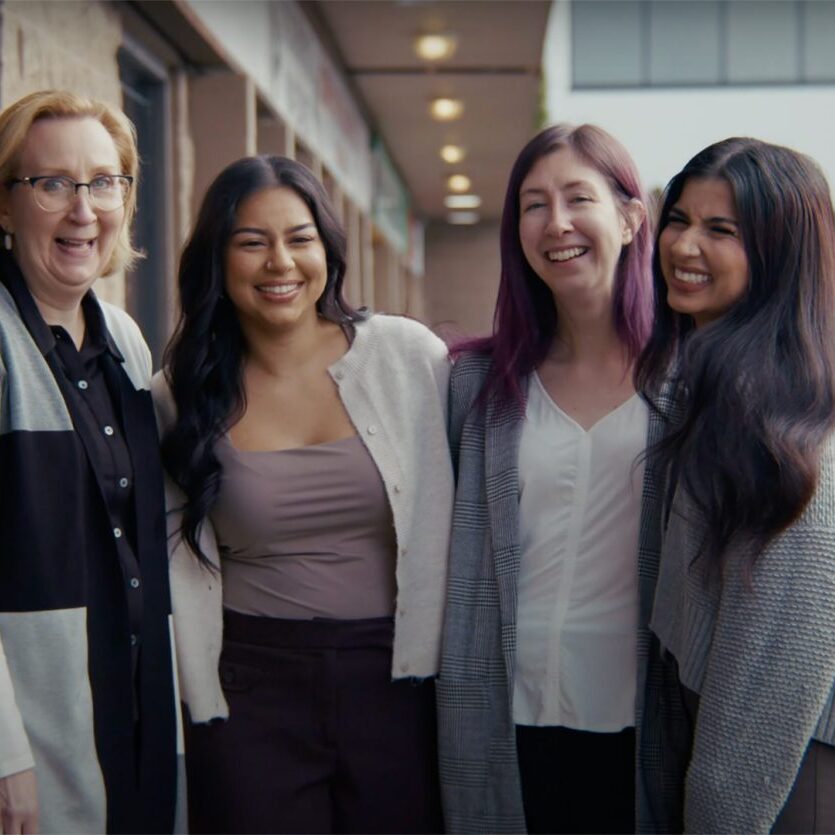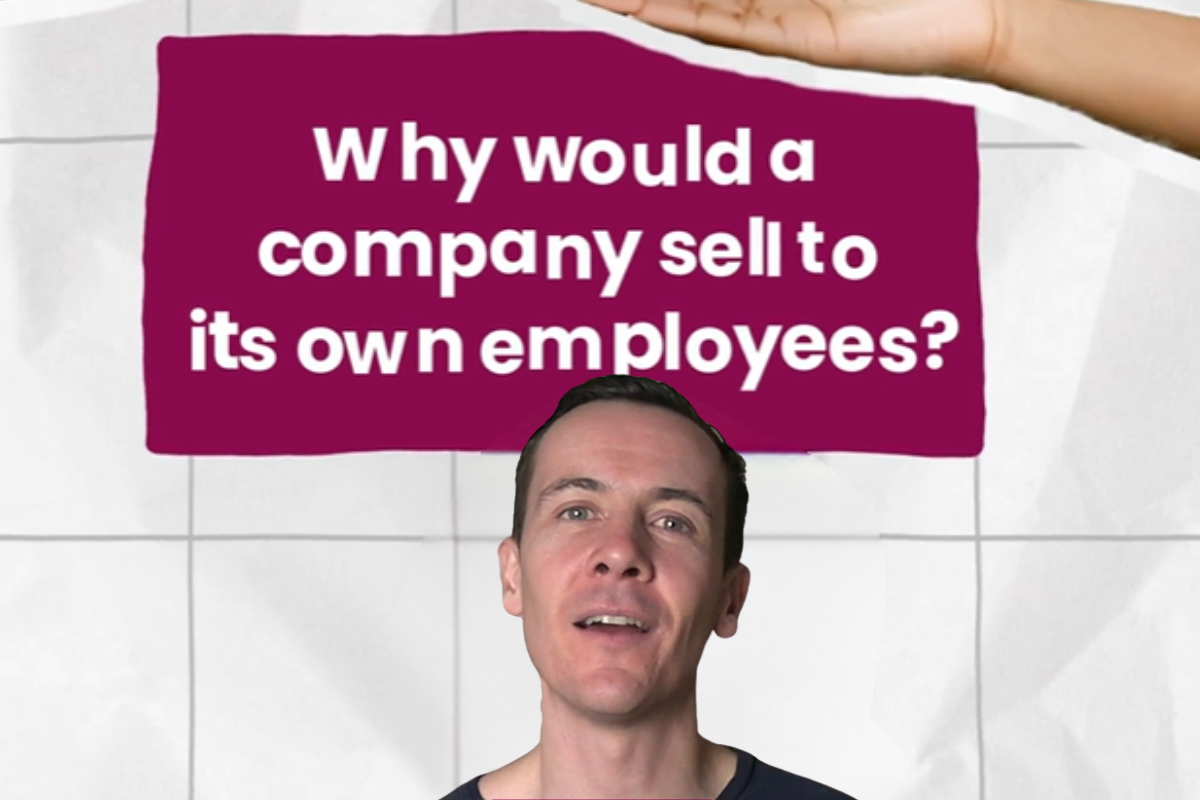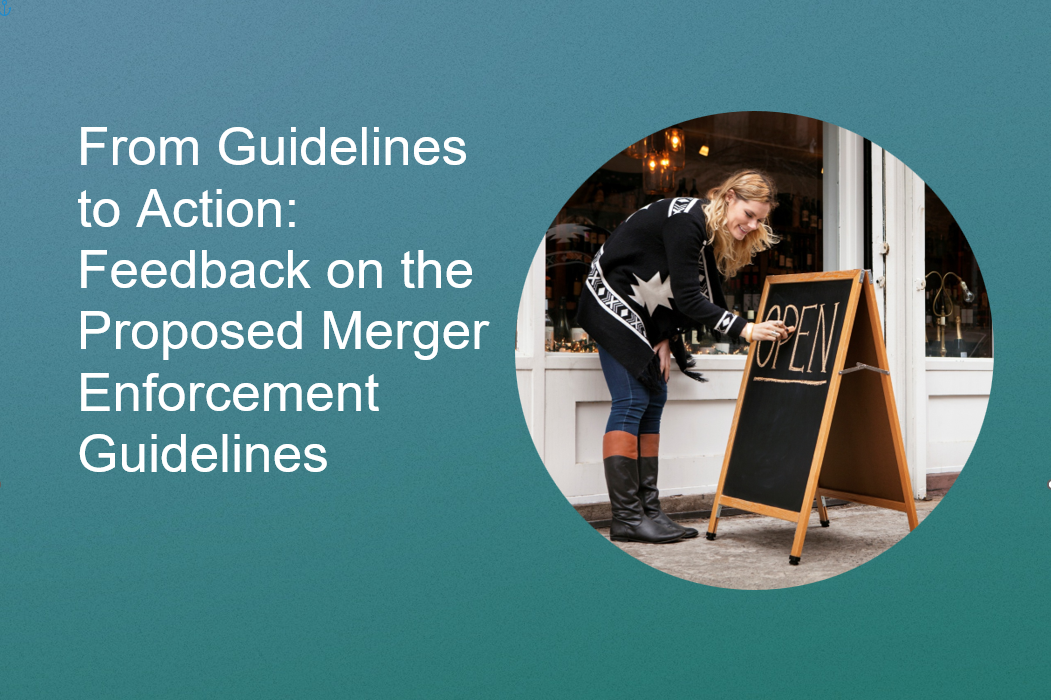By Social Capital Partners
On a personal level, when you “take ownership” over something, it means that you take responsibility for your actions, ensure tasks are completed and goals are met.
You feel accountable for that effort’s success.
While company governance is not often what employees think about in their day-to-day work lives, “taking ownership” of the company you work for can result in some of those same good feelings.

For what it’s like to be on the inside of an employee-owned company, we spoke to a few of the 750 employees who recently became 100-per cent owners of Taproot Community Support Services—a social services provider across B.C., Alberta and Ontario.
“We’ve worked hard, so it’s really nice to be rewarded for that, especially as frontline workers,” said Talica Bautarua, a residential worker at Taproot. “It feels like we’re in it together more now.”
The rewards that Talica is speaking about include company morale and spirit, for sure. They also include financial rewards paid to each employee as dividends each year. Last year, each employee would have received about $1000 to $1500 on top of their salaries—and as the company succeeds over time, the employees will share financially in Taproot’s success.
For Andrew Achoba, a program director and one of the three new trustees of the Employee Ownership Trust (EOT), this speaks volumes about the organization’s values.
“As someone who works closely with caregivers and families in northern Alberta, I see daily how strength is built when people work together. The employee ownership trust reflects that same principle of ownership shared, accountability shared and success shared.”
Their colleague Tracy Atkin, director of specialized services and a member of the Taproot board has thought deeply about how this transition to an EOT is a deep reaffirmation of “who we are and what we stand for.”
She recalls that the decision to transition to an EOT was not made lightly and took at least a year of thought and considering options.
“Looking back, our Board and shareholders faced critical choices along the way. Choices that made us think about our values: choices for other ownership structures, like selling out to a larger corporation or concentrating on share sales; these options would not have expanded our ownership group and honestly, risked losing sight of why we do this work. Once we decided on the EOT, distribution [or how the ownership would be shared among employees] needed to be sorted out; distribution could have looked very different with many structures prioritizing positions, titles or tenure. Time and again, the Board chose to prioritize Taproot employees. We also achieved a 100% transition to the EOT, meaning 100% of our shareholders believed in this. We’re all in,” she explains.
But Tracy also gets the example that Taproot is setting for other Canadian companies and the broader economy.
“This is significant because we live in a world where capitalism places profit above people,” she says. “That profit often filters up to the top—and we chose a different path. We embraced a model that prioritizes people first and I am so proud of the committee that took that to the extreme and decided to provide equal ownership for everyone regardless of position. But this isn’t just a financial decision; it’s not just a structural shift; it’s a moral one. It’s reimagining what success in business can be. No other business in Canada has done this. Success doesn’t have to mean getting up to the top 1%—hearing our employees’ excitement in the kickoff meeting, that is success.”
And as Taproot moves forward, the people who work there hope that their story inspires other companies to explore an EOT.
“What’s especially powerful for me is how this journey aligns with Indigenous governance values,” says Tracy. “I am proud to have been part of the Board that voted on this transaction. Indigenous leadership teaches us to lead from within, to walk with our people, never above them. It is rooted in relationship, reciprocity and responsibility to each other. These principles were present throughout this entire process, and I am incredibly proud of the people that made this happen.
This transition is bigger than us—I think it is a call to other organizations to redefine success in business, I think it is a move against capitalist structures and I think investing in people uplifts our communities and creates a legacy of shared impact that we all get to be a part of.”
To learn more about employee ownership and Employee Ownership Trusts, please visit www.employee-ownership.ca
Share with a friend
Related reading
Watch the video: Why would a company sell to its employees?
Canada is facing a $2-trillion business handoff. What if employees owned more of it? In this video, our Director of Policy Dan Skilleter explains why a company would sell to its own employees, how it happens and who stands to benefits. Spoiler alert: employee-owned companies are shown to be 8-12% more productive, share more wealth with their workers, keep businesses Canadian-owned and shore up the resilience of local communities and the broader economy.
How Canada can curb the serial acquisitions quietly reshaping our economy
In many cases, threats to the affordability of everyday goods and services are the byproduct of what competition experts call serial acquisitions—a pattern of larger firms buying up a series of smaller players to try and corner the market. As Michelle Arnold and Kiran Gill explain, a fair and competitive economy does not emerge by accident. The Competition Bureau's proposed Merger Enforcement Guidelines will play an important role in preventing bigger firms from creating unfair playing fields that hurt Canadian small businesses, workers and consumers. The next step for the bureau should be aggressive enforcement of the new guidelines.
From Guidelines to Action: Feedback on the Proposed Merger Enforcement Guidelines
The Competition Bureau's proposed Merger Enforcement Guidelines represent meaningful progress against trends towards corporate consolidation in Canada. In our formal feedback submission to the bureau, Social Capital Partners outlines that we strongly support the new guidelines. However, we believe that the operationalization of these guidelines will be the real test of their impact. Guidance documents shape expectations, but enforcement outcomes shape behaviour. Serial acquirers are sophisticated actors who model regulatory risk into their strategies. To succeed, the bureau must demonstrate visible capacity to track, analyze and challenge roll-up patterns that are driving up prices and sacrificing quality and service in key sectors.


